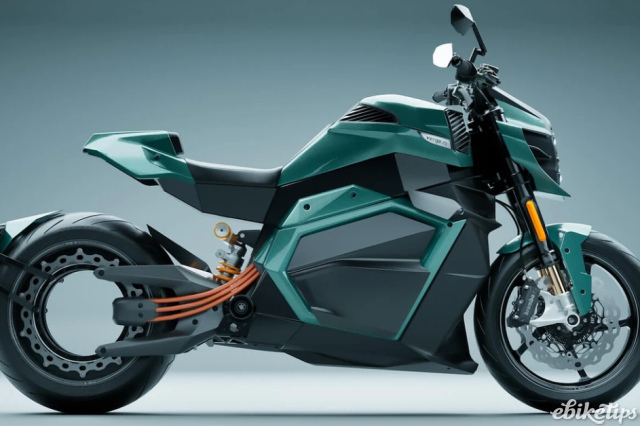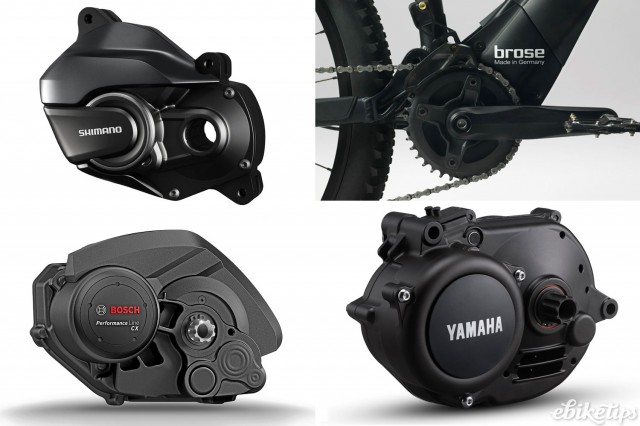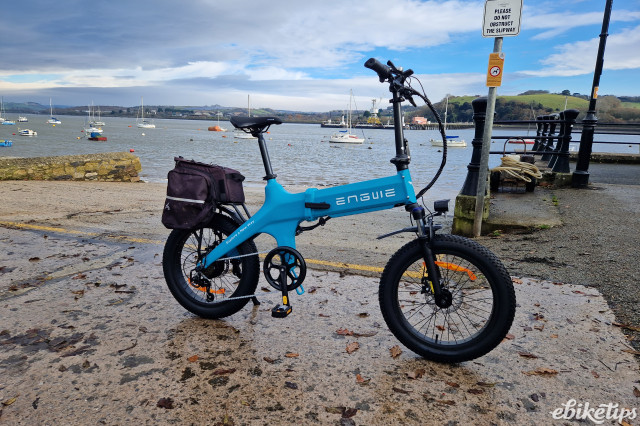What if you could recharge your e-bike in less than two minutes and ride for 100km? That's what Pragma Industries is claiming for their new Alpha e-bike, which uses a hydrogen fuel cell in place of a standard lithium-based battery.
Fuel cells work by combining hydrogen with oxygen from the atmosphere in a catalyst; the resulting reaction produces only heat and water as by-products. And electricity, of course. The hydrogen is stored at high pressure, so you need a dedicated charging station; it's not as simple as a battery-powered bike where you can plug it in anywhere there's a mains socket.
For that reason, Pragma Industries is aiming the bike for now at companies who want 'captive fleets': for example, big companies with large facilities who want to offer employees an easy and green way to get around site. Bike sharing and bike hire systems are also on the company's radar.
"The Alpha Bike is normally sold by batch of 10 units together with a refuelling station to public institutions. We plan to address the business to consumer market at the end of 2019 once the refuelling infrastructure is more developed in France", Pragma's Christophe Bruniau told us. "For the moment, we're promoting it mainly in France because to refill the hydrogen tank to 200 bars of pressure you need the refuelling station, and that's something we're not currently set up to provide overseas. The refuelling station is designed to refill up to 20 or 30 bikes a day."
Is a fuel cell a viable alternative to a battery? Well in terms of power delivery it is: fuel cells have a better energy density than lithium batteries, and some delivery companies that use pedal-assist electric vehicles for last-mile delivery are alreadt trialling fuel cell systems. Fuel cells have a fairly long history in electric cars too; the sticking point has always been the delivery of a charging network. e-bikes have a shorter range and are generally confined to cities, so it's maybe a problem that's easier to solve for bikes than it is for cars. We'll see...





